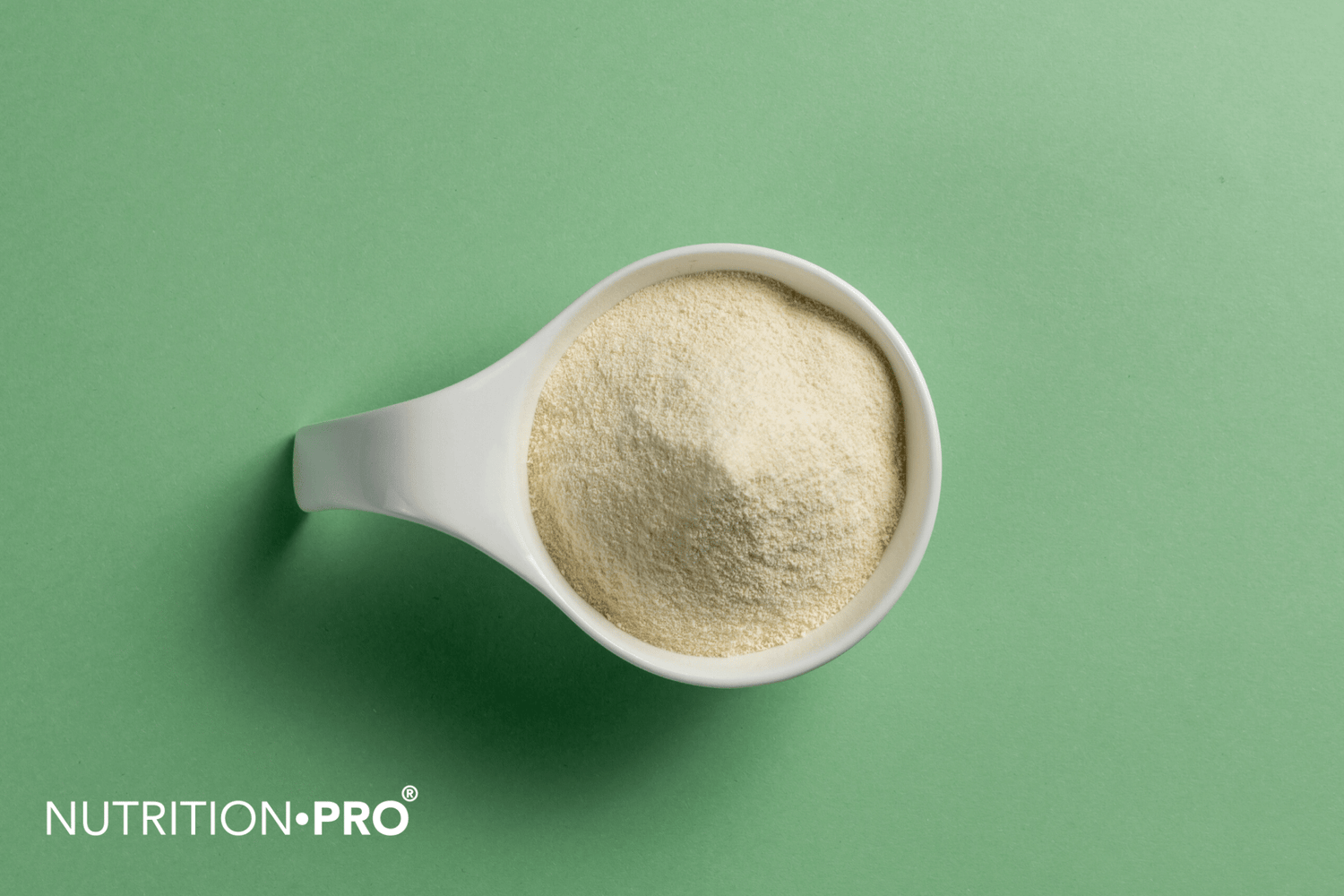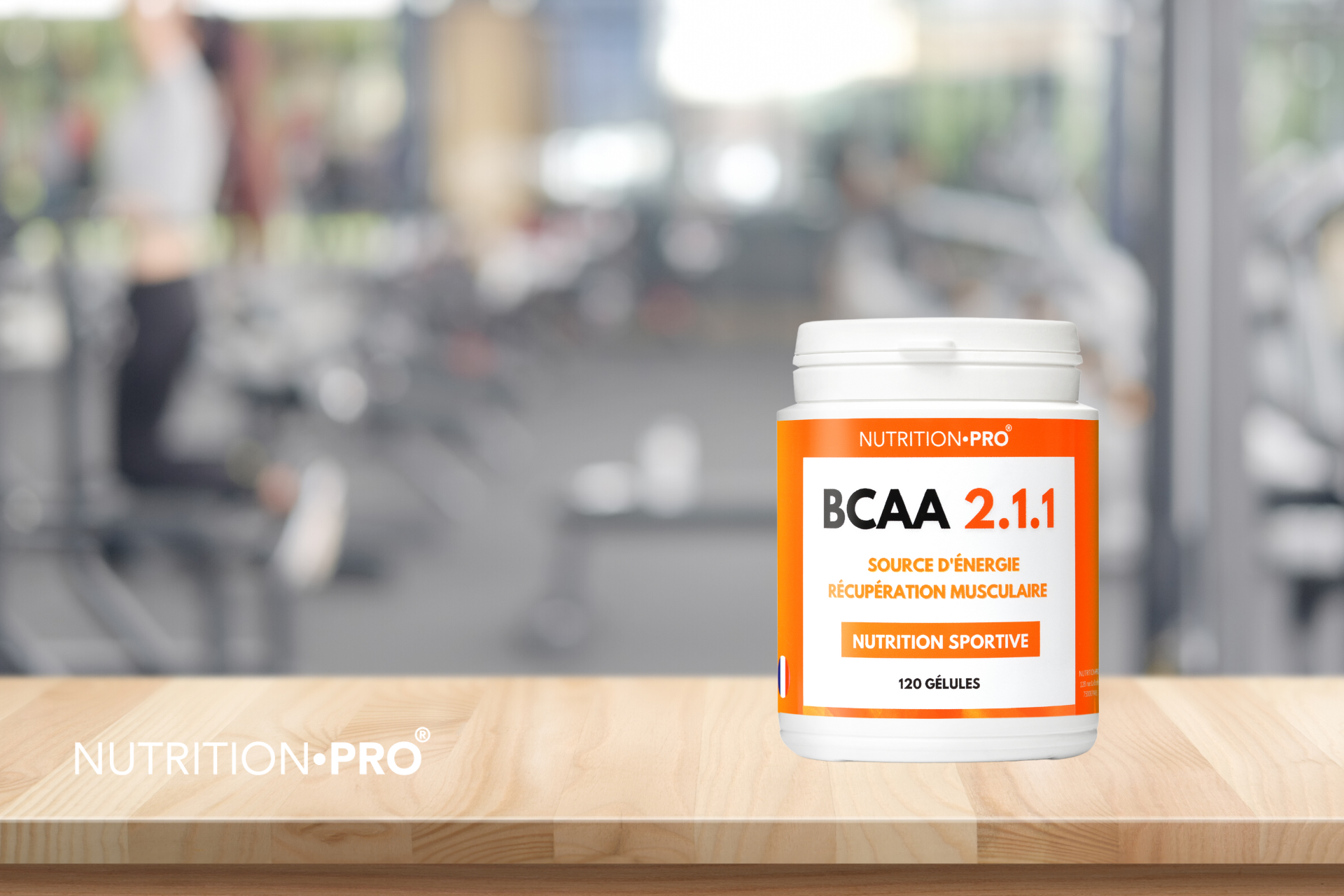Avoiding animal products doesn't mean you don't have enough protein .
Whether you're on the go or trying to fuel up quickly after a workout, you can choose from a variety of plant-based protein powders - plain or flavored - to mix with water, milk non-dairy, smoothies, oatmeal or other foods .
Plant-based foods like rice, peas, and sunflower seeds are not high in protein like meat and fish, but food processors can remove most fats and carbohydrates and isolate the proteins found in these foods to make high-protein powders .
Despite some claims, most plant proteins are not complete, which means they don't contain the optimal levels of all of the essential amino acids to support protein synthesis in your body. However, this is not a problem if you regularly eat a variety of plant proteins .
When exploring vegan protein powders , you should compare prices by weight, per 100 grams. Grain and legume protein powders are typically about half the price of seed-based powders.
Here are the 9 best vegan protein powders and their nutritional highlights.
1. Pea protein
Pea protein powder is not made from sweet green peas but from their high-protein cousins, yellow split peas.
A quarter-cup (28-gram) serving of unflavored pea protein powder contains about 21 grams of protein and 100 calories, according to the brand. Like other legumes, it is low in methionine, a essential amino acid .
However, pea protein is particularly rich in essential amino acids branched chain (BCAAs), leucine, isoleucine, and valine, which help fuel working muscles and stimulate your body to produce muscle protein .
In a 12-week study, 161 young men took 25 grams of pea protein powder twice a day, including right after a body check. The physically weaker participants experienced a 20% increase in bicep muscle thickness, compared to just 8% in the placebo group.
Additionally, the muscle gains seen with pea protein were similar to those of people consuming whey (milk) protein .
Animal and human studies also suggest that pea protein may promote feelings of fullness and lower blood pressure.
2. Hemp protein
hemp protein comes from the seeds of the cannabis plant but of a variety bred to contain only traces of the euphoric compound tetrahydrocannabinol (THC). That means she can't get you high like marijuana ...
A quarter-cup serving (28 grams) of unflavored hemp protein powder contains approximately 12 grams of proteins and 108 calories, depending on the brand. It is also an excellent source of fibre, iron, zinc, magnesium and alpha-linolenic acid (ALA), the form vegetable omega-3 fats .
Since hemp is low in essential amino acids, lysine, it is not a complete protein. However, if you regularly eat legumes or quinoa, you can fill that gap .
Test-tube research suggests that hemp seed protein may be a valuable source of hypotensive compounds. However, its effects have not been tested in humans .
3. Pumpkin seed protein
In their whole form, pumpkin seeds are relatively high in protein and healthy fats. When ground into a powder, most of the fat is removed, reducing calories.
A quarter-cup (28-gram) serving of unflavored pumpkin seed protein powder provides about 103 calories and 18 grams of protein, according to the brand. As she is weak essential amino acids, in threonine and lysine, it is not a complete protein .
Yet pumpkin seed protein is highly nutritious, providing high amounts of magnesium , zinc, iron and other minerals, as well as beneficial plant compounds .
Few studies have been conducted on the health benefits of pumpkin seed protein , but there is some evidence that it may have antioxidant and anti-inflammatory properties .
When rats with liver disease were given pumpkin seed protein as part of a standard diet, some markers of liver health improved compared to rats given casein protein (milk ).
Additionally, rats eating pumpkin seed protein experienced a 22% decrease in “bad” LDL cholesterol and up to a 48% increase in antioxidant activity in their blood, compared to the casein group .
4. Brown rice protein
The brown rice protein powder is easy to find and relatively inexpensive.
A quarter-cup (28-gram) serving of unflavored brown rice protein powder has about 107 calories and 22 grams of protein, according to the brand. It is low in lysine, an essential amino acid, but is a good source of BCAAs to support muscle building .
In fact, preliminary research suggests that brown rice protein powder may be as good as whey protein for supporting muscle growth when consumed post-workout .
In an 8-week study, young men who consumed 48 grams of rice protein powder immediately after weight training three days a week had a 12% increase in bicep muscle thickness, the same as for men consuming the same amount of whey protein powder .
The problem with rice products is the potential for heavy metal arsenic contamination. Choose a brand of rice protein powder that tests for arsenic levels .
5. Soy Protein
Soy protein powder is a complete protein, which is rare for vegetable proteins . It is also rich in BCAAs to support strength and muscle growth .
A quarter-cup (28-gram) serving of soy protein isolate powder contains about 95 calories and 22 grams of protein, according to the brand. Plus, it contains beneficial plant compounds, including some that can lower your cholesterol .
Soy protein has fallen out of favor in recent years, in part because most soy is genetically modified (GM). However, there are a few brands of non-GM soy protein powder you can buy .
Other reasons soy protein isn't as popular are soy allergies and concerns about potential negative health effects, such as breast cancer risk.
Yet a recent review noted that soy protein isolate contains plant compounds that have anti-cancer activity, including against breast cancer.
This review also revealed that some concerns previous about the safety of soy were based on results from animal studies that do not necessarily apply to people .
That said, it's wise to use a variety of plant-based protein powders , rather than relying on just one type.
6. Sunflower seed protein
Protein isolate from sunflower seeds is a relatively new vegan protein powder option.
A quarter-cup (28-gram) serving of sunflower seed protein powder has about 91 calories, 13 grams of protein, depending on the brand, and provides muscle-building BCAAs .
Like the others seeds , it is low in lysine, an essential amino acid. However, it is a good source of all other essential amino acids. To improve lysine levels, sunflower seed protein is sometimes combined with quinoa protein powder, which is a complete protein .
So far, there are no studies comparing the health effects of sunflower seed protein with other isolated plant protein sources in animals or humans.
7. Sacha Inchi Protein
This protein comes from the star-shaped sacha inchi seed (sometimes called a nut), which is grown in Peru. Due to a relatively limited supply, it costs more than common proteins .
A quarter-cup (28-gram) serving of sacha inchi protein powder contains about 120 calories and 17 grams of protein, according to the brand. It is a good source of all essential amino acids except lysine .
Despite this limitation, when a small group of people were given 30 grams of sacha inchi protein powder , it was as effective as the same amount of soy protein powder in supporting protein synthesis in the body .
Additionally, sacha inchi protein is a particularly good source of the essential amino acid arginine, which your body uses to make nitric oxide .
Nitric oxide triggers your arteries to expand, improving blood flow and lowering blood pressure .
This unique vegan protein also provides ALA omega-3 fats, which support heart health .
8. Chia seed protein
Chia seeds derived from Salvia hispanica , a plant native to South America. They have become a popular dietary supplement, for example as part of smoothies, porridges and baked goods, but can also be made into chia protein powder .
A quarter-cup (28-gram) serving of chia protein powder has about 50 calories and 10 grams of protein, depending on the brand. Like other seed proteins, it is low in the essential amino acid lysine .
The powdered form of chia can improve its digestibility. In a test-tube study, the protein digestibility of raw seed was only 29%, compared to 80% for chia powder. This means your body can absorb more of its amino acids .
In addition to protein, chia powder contains 8 grams of fiber per serving, as well as high amounts of several vitamins and minerals, including biotin and chromium .
9. Plant Protein Blends
Different vegetable protein powders are sometimes combined and sold as mixtures. These often have added flavorings and sweeteners.
One of the benefits of plant protein blend is that it can provide optimal levels of all essential amino acids in a single product.
For example, pea protein can be combined with rice protein . Pea protein provides lysine, in which rice protein is low, while rice protein provides methionine, in which pea protein is low.
The quinoa protein is also commonly used in combination with other vegetable proteins . It is one of the few complete plant proteins .
Other trends you will see in blended plant protein powders are the addition of enzymes, to help you digest the product, as well as the use of sprouted or fermented plant proteins .
Sprouting and fermentation can increase the amounts of beneficial plant compounds, vitamins and minerals. It can also help break down antinutrients that can interfere with the absorption of amino acids, minerals, and other nutrients .
The essential
Vegan protein powders can help provide your body with the essential amino acids it needs to support protein synthesis in your body, including those needed for muscle repair and growth.
Cereals, legumes and seeds are typical sources of vegetable proteins in powders, which are produced by removing most of the fats and carbohydrates while isolating the protein components.
Common vegan protein powders are pea, hemp, brown rice, and soy. Seed protein powders, including pumpkin, sunflower, chia, and sacha inchi, are increasingly available.
With the exception of soy and quinoa, plant proteins are generally low in one or more essential amino acids. It's not a problem if you regularly eat a variety of plant foods or buy a powder that contains a blend of complementary proteins.
Keep in mind that nutritional information varies by brand, so be sure to check the labeling of packaging.















